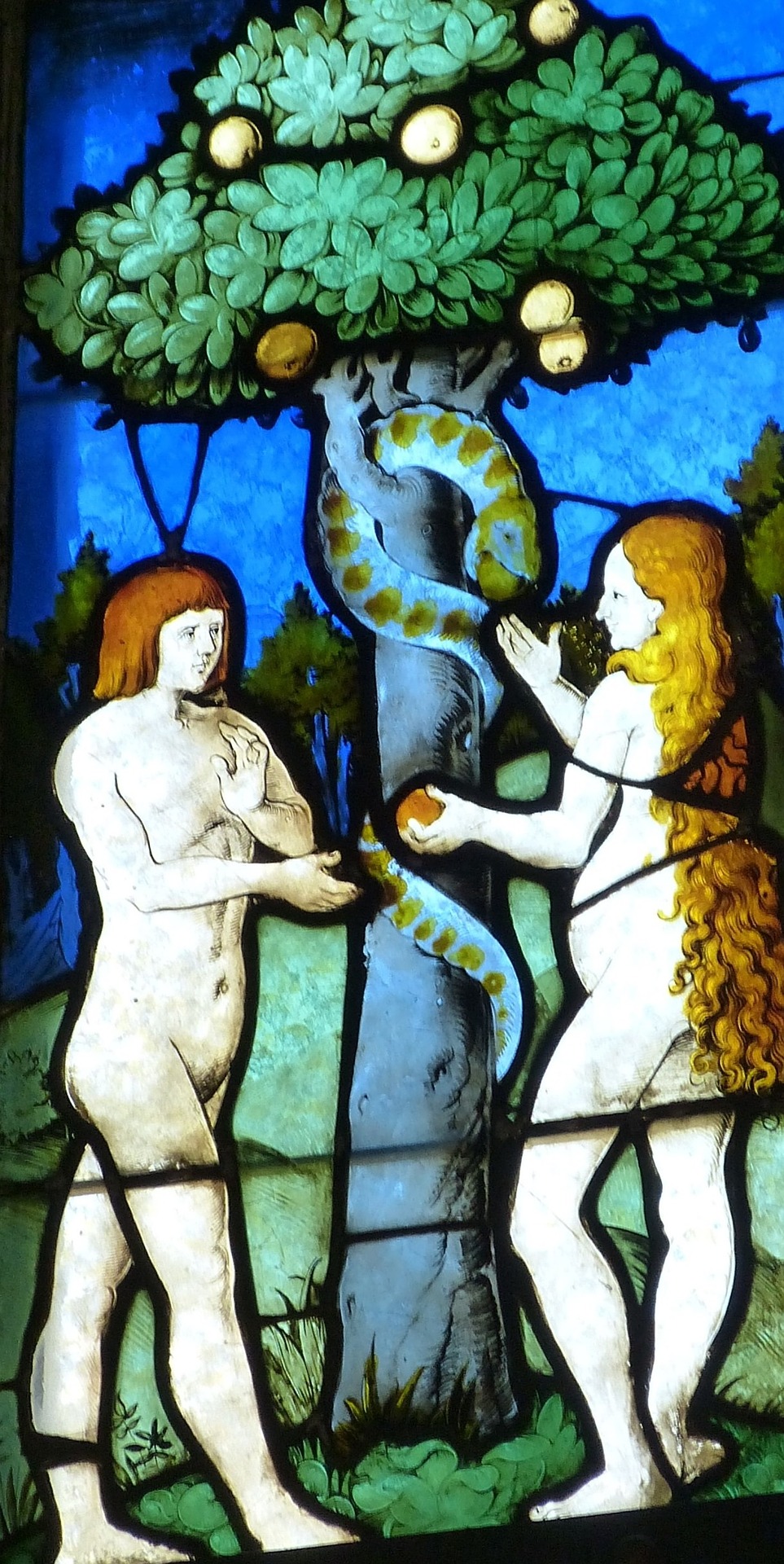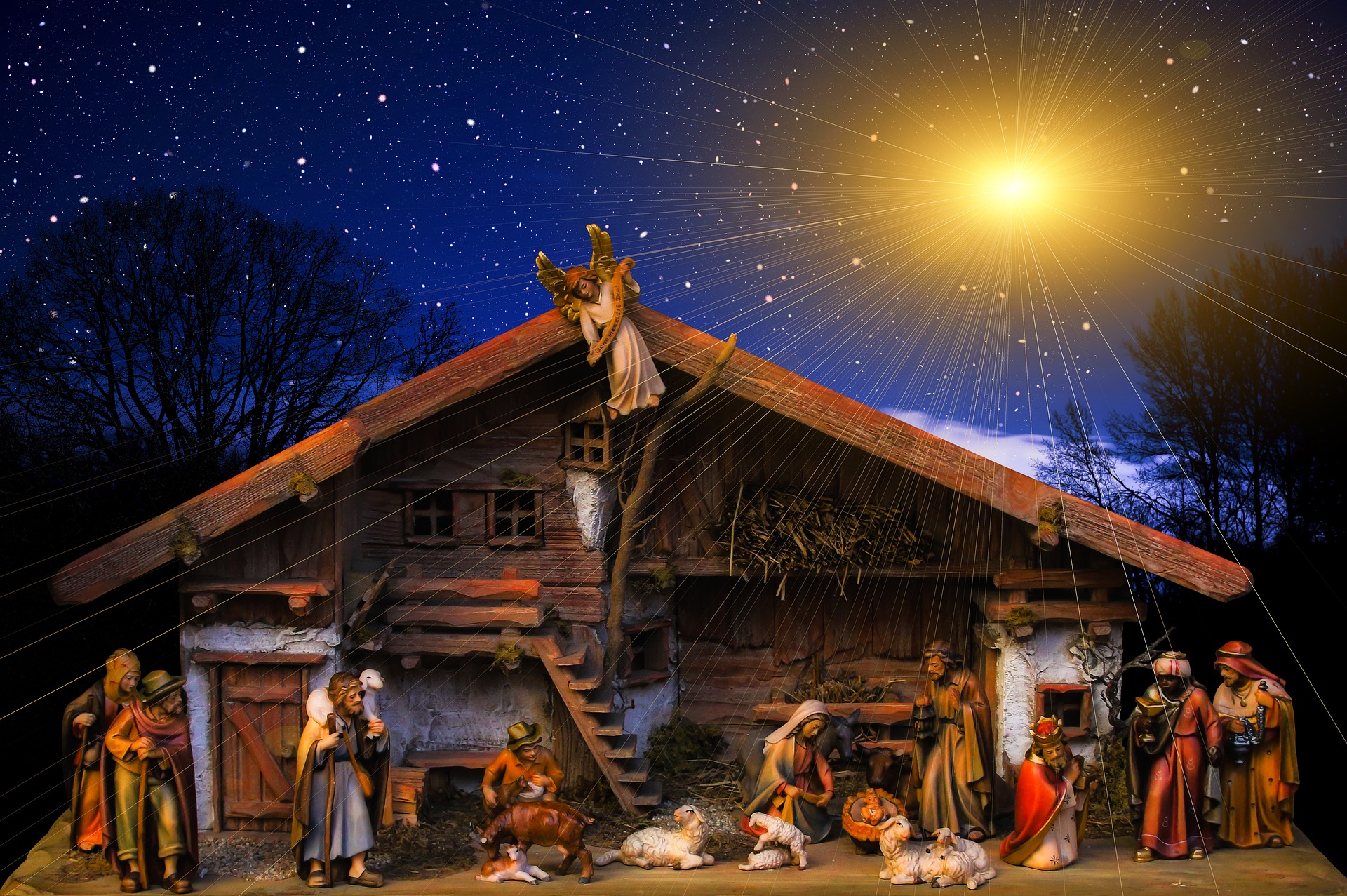Skeptical and Disbelieving
Today folks are adept at using, or have grown up with computers, internet, the web, Wikipedia. So there is a strong lack of belief in stories and a scientific-minded skepticism. And rightly so. We are truth seekers.
We are by nature skeptical and disbelieving. A wet paint sign? Sure as shooting, some folks are going to go and touch just to make sure.
Does a sign “Beware- High Voltage” stop someone from climbing the fence? Does a sign “private road” stop people from driving down it? You know the answer!
We tend to suspend belief or bide our time…and we want irrefutable proof for everything. The scientific mindset says it’s not true unless it can be absolutely proven to be true.
Why Stories?
What people of today have ceased to appreciate is that from the beginning of time, stories have been used to teach and provide deep insights into human nature, behavior, and history.
- Because they existed long before writing and record keeping.
- Because they help to make difficult concepts more understandable.

Even psychology has recognized the power of stories and finds in them patterns, paradigms and archetypes.
We tell our stories to transform ourselves; to learn about our history and tell our experiences to transcend them; to use our stories to make a difference in our world; to broaden our perspective to see further than normal; to act beyond a story that may have imprisoned or enslaved us; to live more of our spiritual and earthly potential. Rachel Freed
Stories Concretize a Concept
Take the concept of love. You can talk your head off, and a child still might not understand.
Ah…that’s why so many kindergarten and first grades have a hamster or guinea pig in their classroom.
Feeding the pet and taking responsibility for its wellbeing teaches loving behavior in ways plain words don’t.

Stories are important because human beings are conceptual. This among other things means that humans survive by use of their reasoning brain…Humans evolved with the capacity to think. And we think by means of abstractions. Thus, stories (as with all other forms of art) concretize our abstractions which are our thoughts- or to put it more precisely, abstractions are the human way of grasping reality. We do this by means of thought. And we think by means of words…Stories recast reality and show us our abstractions made solid. In this way, stories enhance reality, as all art does. Ray Harvey, The Journal Pulp.
Many preachers use stories in their sermons to illustrate a point.
Sometimes the stories are personal, sometimes, factual, but often made up or shared from some source.
Does it matter if the story is actually factual?
Not a whit!
“The purpose of a storyteller is not to tell you how to think, but to give you questions to think upon.” ―Brandon Sanderson, The Way of Kings
The essence- the meat- of the story is the truth. The story is used to try and make the point more concrete and more easily remembered.
Once the necessities for survival are taken care of, we humans spend more of our free time immersed in story than doing anything else. Stories about things that aren’t true and people that don’t exist, for the most part. Think about it. We watch movies and television; play video games; read books, comics and cartoons; listen to songs; look at art; see performances of plays, dance and operas; and tell each other stories around the dinner table or the campfire. And we have always done this, since we learned to communicate with one another and figured out how to scratch drawings on a cave wall. Shannon Turlington
Bible Stories- True or Not?

Many of the stories in the Bible were never meant to be taken literally. The “truth” lay underneath the story- which is there to help teach a point or concept.
Unfortunately many churches still teach such stories as literal, factual truth. That doesn’t fly with today’s questing scientific minds.
Yet so many are afraid if one or more stories are not factual, then their faith bottoms out and they have nothing to hold as truth anymore.
A faith built on literalism is built on a huge sand dune- or muddy California slope, or in a known flood plain. It doesn’t stand up to intense scrutiny, or “rough weather”.
The foundation is corrupted.
Take the story of the Garden of Eden.
There are these two humans, Adam and Eve, and all by themselves they are supposed to populate the earth.
Just two? Really?
Meanwhile they are wandering around this lush garden enjoying all its benefits. They can have anything they want except the fruit of one tree.
Enters a snake- a talking one, by gosh.
The serpent entices these two and tempts and challenges them.
Adam and Eve fall for his cajolery.
They become conscious of their nudity and try to cover up with leaves.
And we know all this because a CNN reporter and camera man were present to bring us this factual account and conversation. Think so? Of course not!
The truth lies underneath the surface of the story. It’s about choices and consequences of those choices.
Wander from the “path” and you’re up the creek without a paddle, or in this case- chased out of this womb-like garden. It’s life as we experience it. Goodbye innocence, hello reality.
The story does not have to be factual to be true!
Can We Accept These as Stories?
Did little shepherd boy David fell giant Goliath with a sling shot and a rock?
Think about what the story conveys. The big and mighty can be taken down by the committed and faithful few. There’s your truth!
There’s no need to sack the Bible as a bunch of nonfactual tales. It is chock full of truth, but one needs to go beyond the storyline, and search for the deeper meaning.
The trouble is- that takes a little work and some pondering- but everyone takes the short cut. Accept the story as true, and no mental work needs to be done.
At first when you see these well- known events as stories, it’s a blow to one’s belief system and comfort zone. This is partly because we have never learned to distinguish between truth and factual. Stories carry the true meaning whether or not the event really happened.
No Santa Claus? No perfect Garden of Eden? No heaven with golden streets?
Stories Depict Truth, While Not Necessarily Being Factual
We’ve been duped!
No- a hundred times no.
You don’t understand the power of stories!
The ancient minstrels preserved history by singing of wars and deeds of valor. Around primitive campfire, stories were told. Greek and Roman myths are still taught today. Aesop’s Fables teach eternal moral lessons.

Think of: Dante’s Inferno, and Milton’s Paradise Lost, Mother Goose, Arabian Nights, The Wizard of Oz. They have all been used as teaching devices. 
Do you suppose there really was a Sleeping Beauty? Or a Cinderella? Or Three Little Pigs and a wolf? Legends, and fairy tales have been around seemingly forever, and were never meant to be taken literally as fact.
Why then, do you suppose, are Biblical stories- even when they go against common sense and today’s understanding of the world- taken to be factual accounts?
Here’s a challenge for you-

Take the Christmas Story
Almost everyone knows the story. It is found in the Gospels of Matthew and Luke.
Rick Warren says- The good news of Christmas is worth celebrating for three reasons. It is personal: “I bring YOU.” It is positive: “GOOD news of great joy.” And it is universal: “for ALL the people.” It doesn’t matter who you are, what you’ve done, where you’ve been, or where you’re headed — this news is for you.
So what are the truth messages and/or agendas that the authors of Matthew and Luke had in writing their accounts?
And I mean check out each little segment.
- Why are the two accounts different?
- Why the Magnificat (the song of Mary)?
- Why Joseph?
- Why a trip to Bethlehem?
- Why a manger scene?
- Why Angels appearing to the shepherds?
- Why the arrival of the Magi?
- Why did they first go to Herod?
- Why a star?
- Why a trip to Egypt?
- Why the presentation of Jesus at the Temple by his parents?
It’s a beautiful, beloved story around which our Christmases are centered.
No one is asking you to chuck it. It has inspired art and music, poetry and prose for some 2,000 years.
And for most of those years the story has warmed and comforted our hearts.
But…Honestly, if you do the figuring, Christmas takes on a greater significance than the story ever gives!
If you would rather I wrote a blog dealing with those “whys”, be sure to let me know, and I’ll do it!







